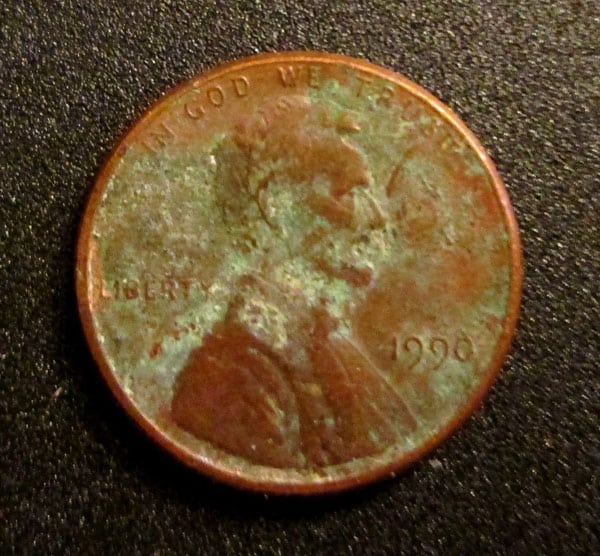
July 19, 2018; Politico
Editor’s Note: Senators need to hear from every person concerned for nonprofits, house of worships, and foundations in their states, as well as all who believe organizations have greater impact when they remain nonpartisan. Go to this Take Action page of the nonprofit coalition (www.GiveVoice.org) to learn what you can do right now to protect nonprofit nonpartisanship.
This week, the US House of Representatives passed H.R. 6147, the “Department of the Interior, Environment, and Related Agencies Appropriations Act of 2019,” more commonly referred to as a “minibus” (as opposed to omnibus) spending bill. The House passage of this bill, coupled with the US Treasury Department’s announcement on Monday evening that the IRS will stop collecting donor information from tax-exempt organizations that are not charities, has once again raised alarm bells among those who believe in the nonpartisan nature of charitable activity as well as the importance of donor disclosure for all tax-exempt organizations, regardless of the type of IRS exemption they have received.
Section 112 of the bill curtails the IRS’s ability to revoke the tax exemption of churches that engage in political campaigns. The relevant paragraph reads as follows:
None of the funds made available by this Act may be used by the Internal Revenue Service to deny tax exemption under section 501(a) of the Internal Revenue Code of 1986 with respect to a church, an integrated auxiliary of a church, or a convention or association of churches for participating in, or intervening in, any political campaign on behalf of (or in opposition to) any candidate for public office unless—
(1) the Commissioner of Internal Revenue determines that the exemption should be denied;
Sign up for our free newsletters
Subscribe to NPQ's newsletters to have our top stories delivered directly to your inbox.
By signing up, you agree to our privacy policy and terms of use, and to receive messages from NPQ and our partners.
(2) not later than 30 days after such determination, the Commissioner notifies the Committee on Ways and Means of the House of Representatives and the Committee on Finance of the Senate of such determination; and
(3) such denial is effective not earlier than 90 days after the date of the notification under paragraph (2).
As NPQ reported, the same basic language was used in last year’s financial services appropriations bill. However, the provision was stripped from the Senate version of the bill after intense lobbying by a coalition of faith-based and secular nonprofit organizations and associations. But the House is persisting in its desire to repeal and/or constrain the Johnson Amendment.
NPQ has taken a stand against repealing or weakening the Johnson Amendment, which has been part of the federal tax code since 1954. The National Council of Nonprofits (NCN) reports more than 5,800 signers of a “Community Letter in Support of Nonpartisanship” as well as support for the Johnson Amendment from more than 4,500 faith leaders and over 100 religious and denomination organizations. Focusing specifically on 501c4 social welfare groups often referred to as “dark money” groups, CEO Tim Delaney tied the appropriations bill and Treasury regulations change together and said in a statement that “It’s now impossible for Congress and the White House to deny their objective: to politicize the trusted charitable nonprofit community by authorizing unlimited, unfettered, and untraceable political money to flow through the nonprofit sector to benefit partisan special interests.”
Expect NCN and other advocates for the Johnson Amendment to make their voices heard as the spending bill progresses through Congress.—Michael Wyland and Ruth McCambridge
This article has been altered from its initial form.












